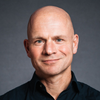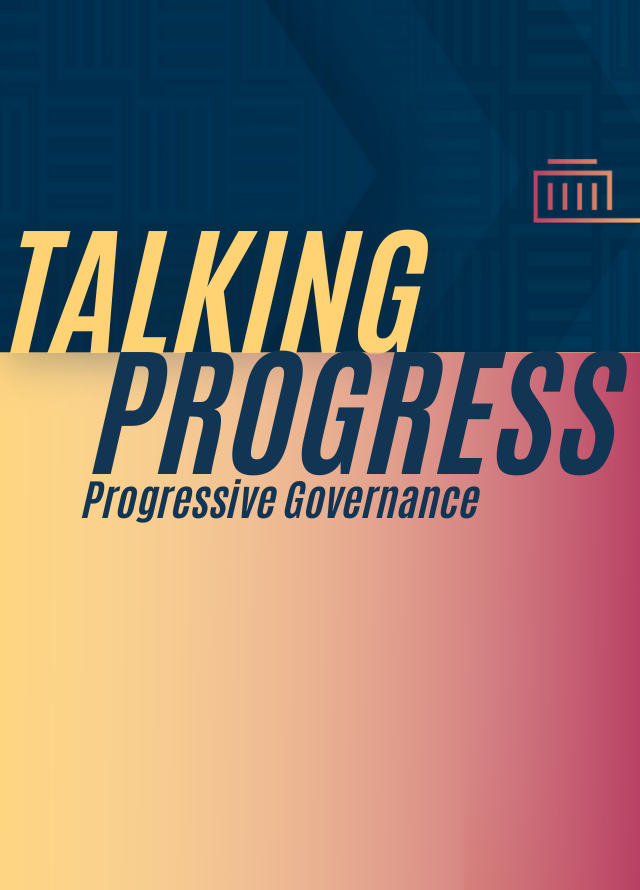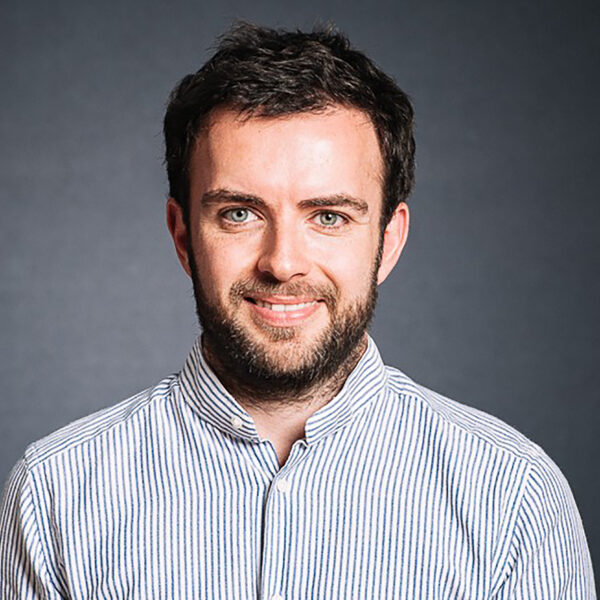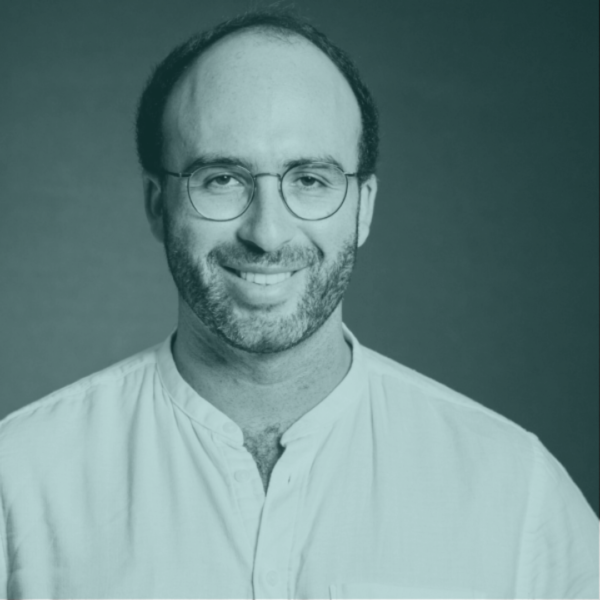Summary
The 2021 German Election brought a decisive vote for change: Merkel’s center-right party lost points, while the Social Democrats and the Greens made meaningful gains. But what are the implications? In this new episode of the „Talking Progress“ podcast, Ricarda Lang, Jeremy Cliffe, and Tobias Dürr discuss how a new social-green-liberal coalition can be successful.
As the dust settles, it is clear that Germany has voted for change. But will the result from the 2021 German Election also deliver progress? Together with the newly elected Green Member of Parliament Ricarda Lang, International Editor at the New Statesman Jeremy Cliffe, and Tobias Dürr, a founding member of Das Progressive Zentrum, we dissected the election results, explored the different coalition options, and what it all means for progressives in Germany, Europe, and North America. At the end of the discussion, Josef Lentsch, co-founder of the Austrian party NEOS, added a liberal perspective on the political developments in Germany.
Find this podcast episode on Podigee, Spotify, Apple Podcasts, or wherever you listen to podcasts.
An appetite for change in German politics
The first official results on election night immediately signaled that Germany was about to undergo significant political change. In the first election of the post-Merkel era, the Christian Democratic Union (CDU) saw their vote share decrease from 32.9% in 2017 to 24.1% while their former coalition partner the Social Democratic Party (SPD) won 25.7% of the votes compared to 20.5% in 2017, making it only the fourth time since World War II that the SPD outperformed the CDU.
The Greens had the highest gain with 14.8% (up from 8.9% in 2017) while the Free Democratic Party (FDP) also had a strong showing (11.5% up from 10.7% in 2017). With the CDU receiving its worst result in their history, the German electorate delivered a direct message and voted decisively against reinstating a conservative-led government. With none of the parties able to secure a strong majority, the Greens and FDP are set to be the kingmakers during the coalition talks. The success of Olaf Scholz (who was Vice-Chancellor in the Merkel administration) coupled with the gains of the SPD, Greens, and FDP indicate a desire for change, but without leaving behind stability.

„We see things changing and we need stability. And stability only works with people and parties who can manage the change.
–Ricarda Lang, Member of Parliament
A common narrative for a social-green-liberal coalition?
How can (and should) the SPD, Greens, and FDP come together to form a coalition? A common denominator is the desire to present and implement alternative visions to the status quo. Throughout their histories, the three parties have mostly stood for societal progress, with different nuances on collective responsibilities and individual freedom, which has led to multiple well-functioning coalitions on federal and state level, e.g., in Rhineland-Palatinate.

„The difficult question will be if the FDP decides to take their historical heritage of a party of progress seriously or if they decide to go with their recent past of defending the status quo with the idea of lowering taxes and being critical of public services and the State.“
-Tobias Dürr, Founding member of Das Progressive Zentrum
A common narrative and approach that brings the three ideologies together under one banner will be crucial for the coalition’s success. By avoiding a compartmentalized coalition where each party is responsible for their own ministries and issues, there is a real chance to have a coalition that as a whole represents the German electorate and the realities of the 2020s. The coalition will be most impactful when it takes progressive stances on on all issues, ranging from women and LGBT rights, to addressing social and economic inequalities.
A new centre-left in Europe?
In the span of one election cycle, the conversation has shifted from what to do about the rise of the far-right to whether we are entering a new era of progress. From the election of Joe Biden in the United States to the downfall of the centre-right Christian Democratic Union in Germany, what explains this shift towards centre-left and progressive politics?

„The zeitgeist has shifted leftwards because reality is pushing people towards more progressive politics … when you see the challenges that reality brings, for example with the climate crisis, a form of politics is needed that is prepared to change things.“
–Ricarda Lang, Member of Parliament
Underlying this zeitgeist and shift to progressive politics is the “fierce urgency of now”. There is a strong desire to act and break with the status quo, not just for the sake of progress but also to ensure a common and liveable future. The electoral results in Germany ultimately show that preserving the status quo and stability are not always the same. A purposeful shift from individual to collective action, in the name of stability and intergenerational justice, is becoming more politically feasible – and looking more like the only path forward.
This episode is the fourth part of our Progressive Governance series. This discussion was held one week after the 2021 German Election. This event is associated with the Progressive Governance series, a yearly summit that brings together progressive leaders and movements from across Europe and North America. Visit the Progressive Governance Summit website to learn more.
This episode was produced by Bear Radio. The session was designed in cooperation with the Foundation For European Progressive Studies.
Authors
Onwards and Upwards
The Disregarded
Full Speed Ahead: Progress in 2022+ – A Decade for a Just Transformation
Momentum for change: Defining a decade of progress – Summit paper
Empowering Cities: Building Urban and Transatlantic Infrastructure
Empowering Cities: A Blueprint for Urban Progress
Empowering Cities: Forging a Transatlantic Dialogue
Empowering Cities: Financing the Climate Transformation

Content

We develop and debate progressive ideas and bring together leading actors who turn thoughts into action. Our think tank’s goal: making the just transformation a reality. ▸ Learn more



